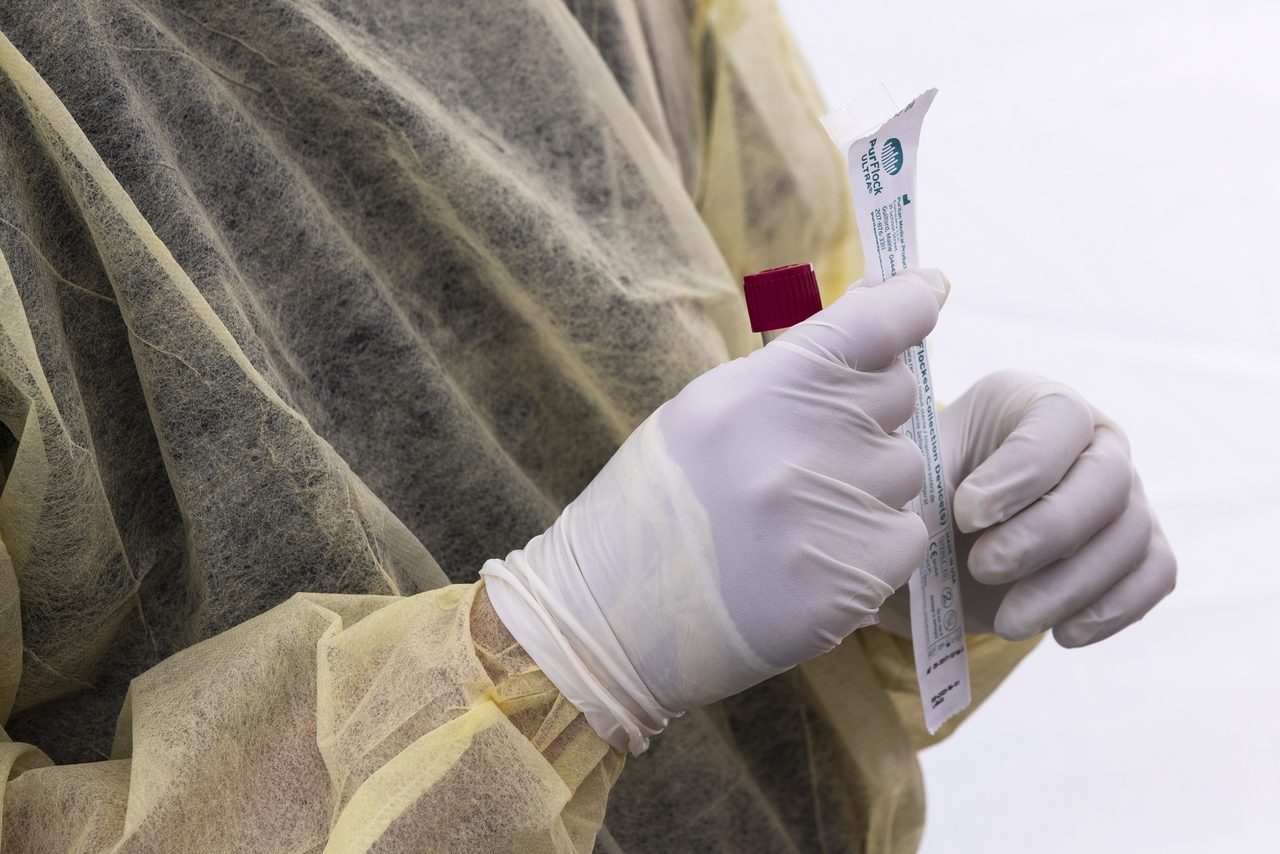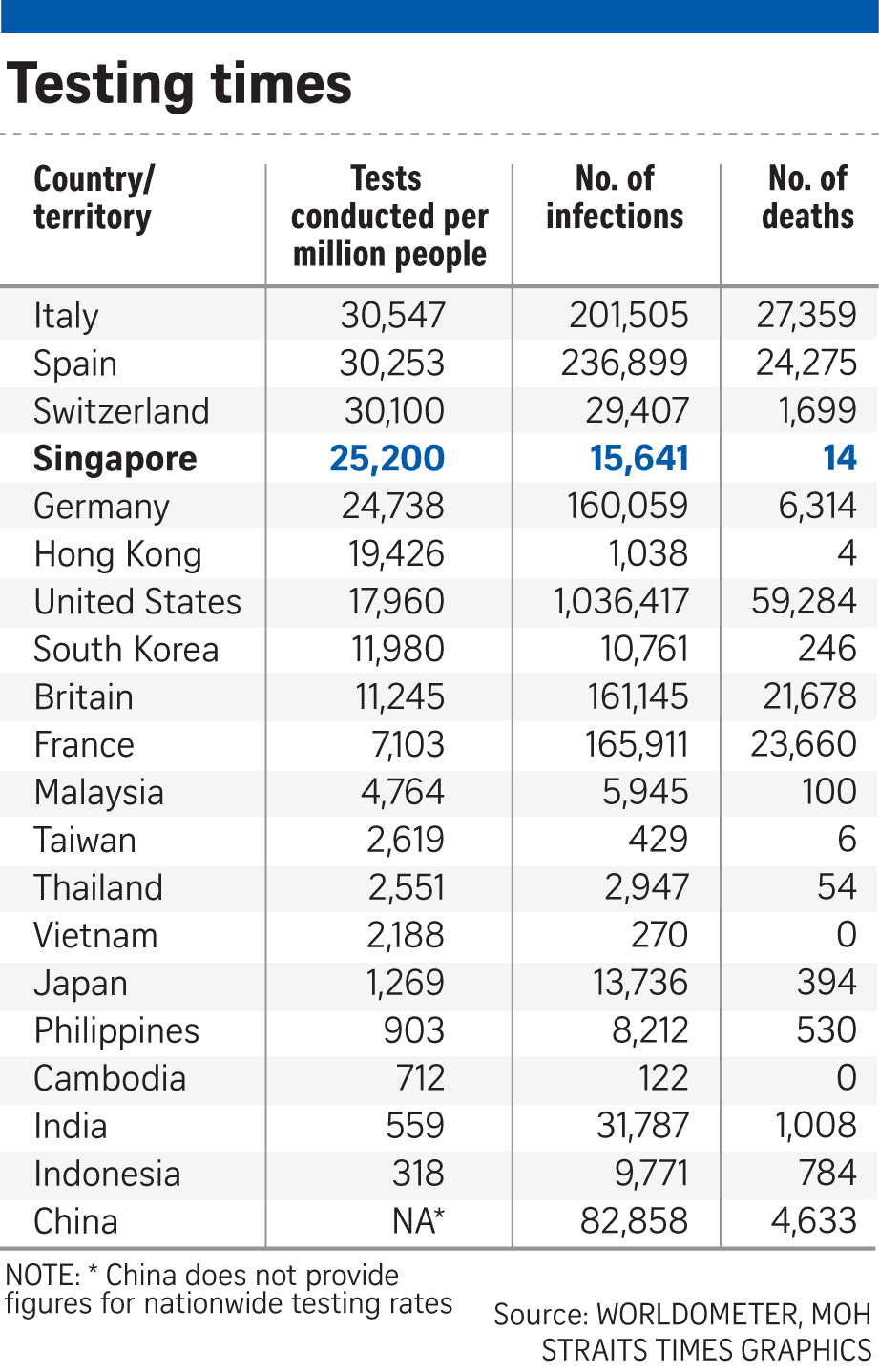COVID-19 SPECIAL
China bumping up coronavirus test kit production, for local and global use
Sign up now: Get insights on Asia's fast-moving developments

Testing can identify asymptomatic carriers, who number in the thousands or possibly more.
PHOTO: EPA-EFE
From the early days when an acute shortage of test kits left scores of people in Wuhan undiagnosed, China has dramatically ramped up the production of these supplies to meet both domestic and global demand.
Last week, e-commerce giants JD.com and Alibaba's Tmall both began offering customers the option of booking an appointment at designated laboratories to take a nucleic acid test for 258 yuan (S$52).
The authorities here are keeping up with Covid-19 testing even as the number of infections has fallen dramatically in China.
This is especially so with high-risk groups - people from infected areas or those showing symptoms of the coronavirus, said the head of China's top state-run research institute on Monday.
Premier Li Keqiang last week urged officials to boost testing capacity and roll out more widespread testing to prevent a second wave of infections and to allow for the resumption of work.
"China's current testing strategy is in line with our epidemic control and prevention strategy," said Dr Jin Qi, director of the Institute of Pathogen Biology at the Chinese Academy of Medical Sciences and Peking Union Medical College.
Besides those considered high-risk, all inbound travellers to cities or provinces like Beijing, Shanghai, Guangzhou and Heilongjiang will also have to take a nucleic acid test.
Testing can identify asymptomatic carriers, who number in the thousands or possibly more. The health authorities, under pressure, began to release daily figures of new asymptomatic cases only from April 1.
As many as 993 were still under medical observation as of Tuesday, said the National Health Commission.
Since the two-month lockdown in the epicentre Wuhan was lifted on April 8, testing has continued in the central Chinese city. Screening has doubled to 60,000 to 65,000 a day, as only residents who test negative are allowed to leave the city.
But even as factories work round the clock to produce more than four million test kits a day, an increasing number of countries have rejected these China-made supplies, complaining they are defective and do not produce accurate results.
That prompted the Chinese government to impose draconian export rules earlier this month that essentially choked the global supply of much-needed kits - a decision that was reversed on Sunday.
Even so, that has not stopped countries from continuing to accuse China of substandard products.
India on Monday said it was returning antibody test kits ordered from two Chinese companies because of poor quality, a move China called "unfair and irresponsible".
Chinese embassy spokesman Ji Rong said the Chinese authorities had checked the supplies of the two companies, and they had been shipped to other countries and used without problems. "There are strict requirements for the storage, transportation and use of Covid-19 antibody rapid test kits," said Ms Ji.
"Any operation which is not carried out by professionals in accordance with the product specifications will lead to the testing accuracy variations."



